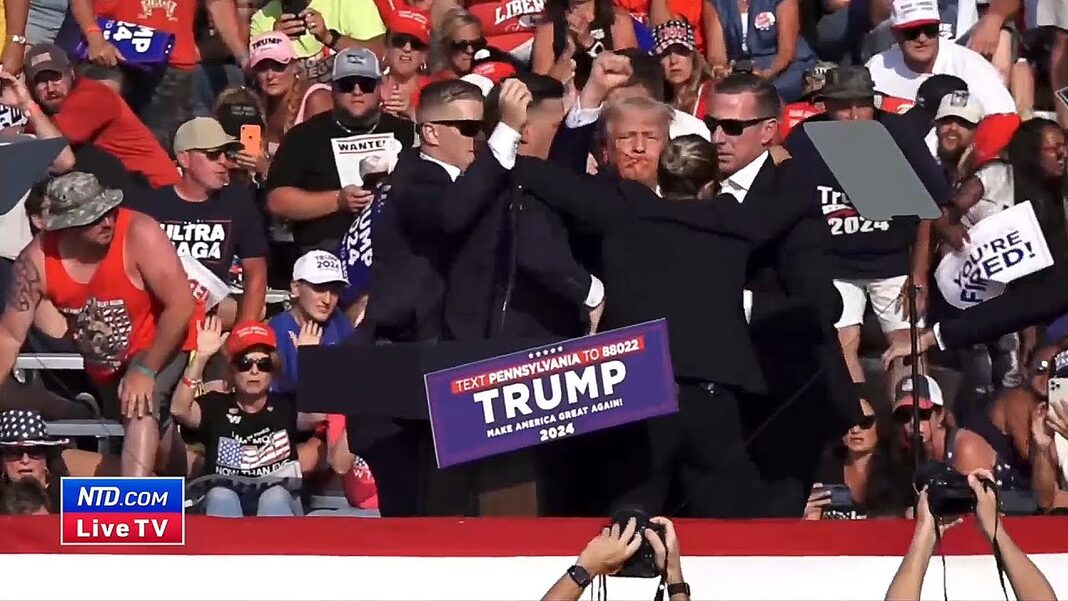President Donald Trump says he has tried paper straws many times and “they don’t work.”
President Donald Trump signed an executive order on Feb. 10 ending a Biden administration regulation that would have banned plastic straws in the federal government before the end of the decade.He said he is disappointed with paper straws after trying them multiple times.
“We’re going back to plastic straws. These things don’t work,” Trump said at the Oval Office. “I’ve had them many times, and on occasion, they break, they explode.”
Trump announced this move last week.
“I will be signing an Executive Order next week ending the ridiculous Biden push for Paper Straws, which don’t work. BACK TO PLASTIC!” he posted on Truth Social on Feb. 7.
In 2021, Biden signed an executive order to have the federal government achieve 100 percent carbon pollution-free electricity and 100 percent zero-emission vehicle acquisitions by 2030 and 2035, respectively. The order also called for all federal government vehicles to be electric by 2027.
Following Biden’s executive order, former Interior Secretary Deb Haaland issued an order calling on the department’s staff to “submit draft sustainable procurement plans” that lead to the reduction of plastic products.
Plastic products, according to Haaland, include “plastic and polystyrene food and beverage containers, bottles, straws, cups, cutlery, and disposable plastic bags.”Trump had a history of commenting on the issue. When asked in 2019 by a reporter if he was in favor of banning plastic straws, he said, “I do think we have bigger problems than plastic straws.” He also said, “You know, it’s interesting about plastic straws: So, you have a little straw, but what about the plates, the wrappers, and everything else that are much bigger and they’re made of the same material?”
Critics of Trump’s executive order say plastic is a dangerous material for the environment.
“Plastics contain more than 16,000 chemicals, with over 3,200 known to cause cancer, disrupt hormones, contribute to obesity, or trigger early puberty in children,” said Lisa Ramsden, Greenpeace USA’s senior plastics campaigner, in a Feb. 10 statement.
“These chemicals have also been linked to reproductive health problems and declining fertility.”






